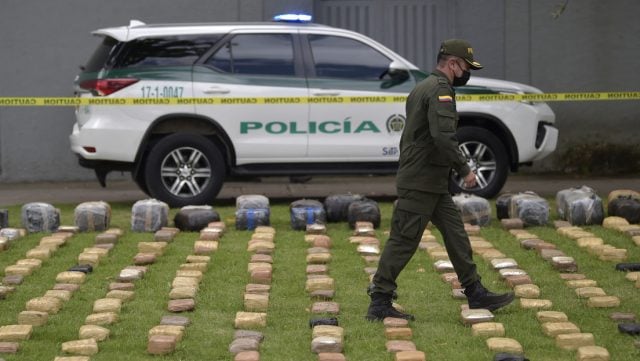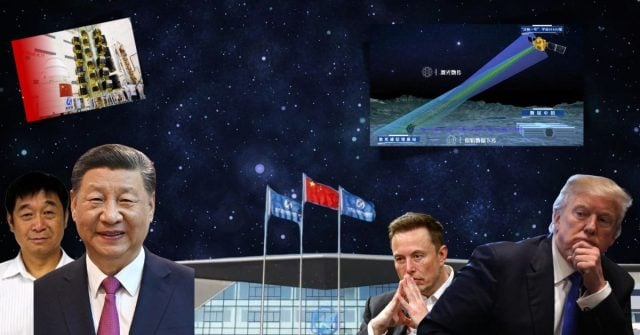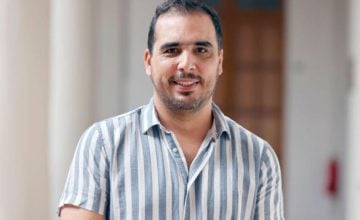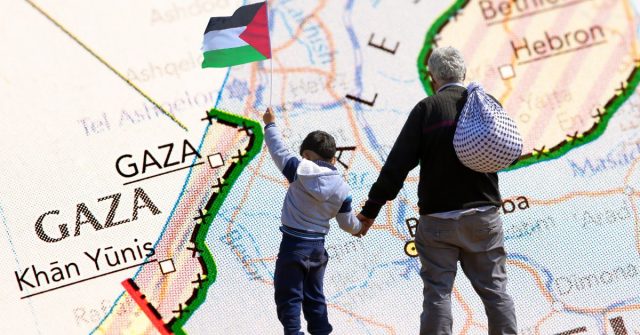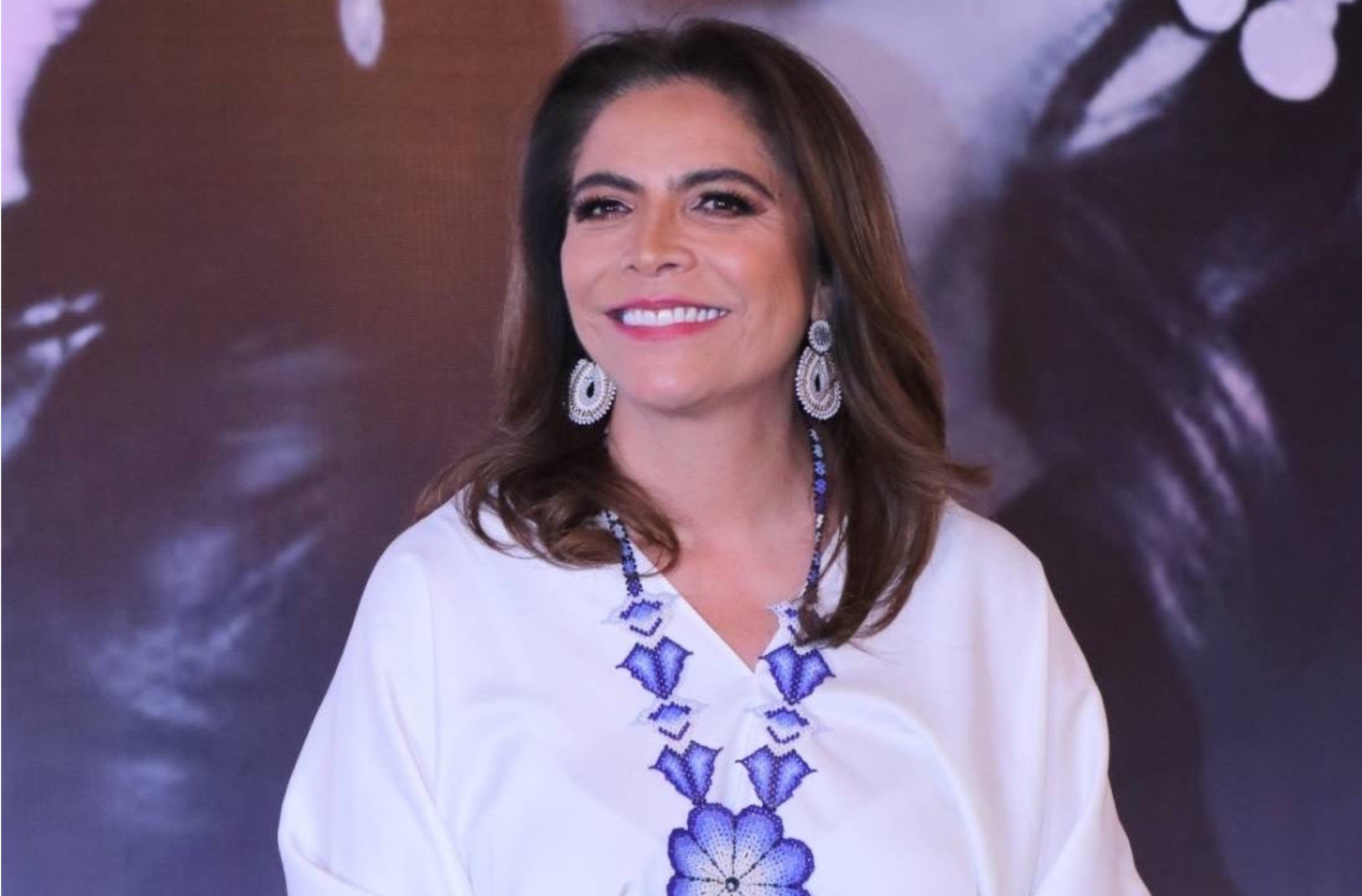The so-called ‘war on drugs’, which has left deep wounds in Colombia for more than 30 years, has been called a «failure» by President Gustavo Petro, who has proposed a revolutionary approach in his anti-drug policy.
In less than a month, the new tenant of the Casa de Nariño, seat of the Colombian Government, made a series of announcements that point to a radical change in the way of dealing with the problem of violence generated by the production and trafficking of illicit substances in the South American country.
Petro, who is committed to dialogue rather than confrontation, proposes the elimination of extradition, the suspension of forced eradication, procedural benefits for micro-traffickers, the marketing of marijuana and the cessation of bombing, among other measures, explains the journalist Nathali Gómez for RT.
Some of these measures, which were considered unthinkable just days ago, have already entered into force and have been criticized by the most oppositional wing of Congress, represented by the Democratic Center, founded by former right-wing president Álvaro Uribe.
This political party, which gave its support to the previous president, Iván Duque, has traditionally supported the vision of the ‘war on drugs’, militarization and the use of State force as the only way to put an end to criminal organizations linked to drug trafficking.
Until now, it does not seem to have been the most effective policy, if the data on cocaine trafficking to the US and the hectares of coca planted in Colombian territory are taken into account.
In 2021, Colombia produced 972 tons of cocaine, 2.2% less than in 2020, and registered 234,000 hectares of cultivation, 4.5% less than the 245,000 the previous year, according to the Office of National Policy for Drug Control of the White House (ONDCP, for its acronym in English). Although the numbers fell, production is still high.Colombia and US
In a meeting to discuss the strategy to fight against illicit drugs between Bogotá and Washington, led by the Minister of Justice, Néstor Osuna, there was a US delegation made up of the Deputy Secretary for the Office of Anti-Narcotics Affairs and Law Enforcement (INL , for its acronym in English), Todd Robinson, and the director of the Office of Drug Control of the White House (ONDCP, for its acronym in English), Rahul Gupta, among others.
Both countries agree on the broad lines of the new anti-drug policy and on their concern for environmental protection and social environmental leaders who carry out their community work under the threat of illegal groups and large corporations.
The proposal, that both governments are evaluating, is to reduce the supply of illicit drugs, through the implementation of crop substitution and addressing consumption as a public health issue.
Similarly, the possibility of developing possible alternatives to deprivation of liberty for people who consume psychoactive substances who commit crimes was discussed.
Since Duque’s mandate, the White House had announced its «new strategy» against drugs that called for the reinforcement of the preventive State presence in rural areas and of the peace agreements. This demand, which is the same as that of human rights defense organizations, is also part of the government program of the leader of the Historical Pact and of his vision on the subject.
From the US, (which signed the ‘Plan Colombia’ with the South American country in 2000) a committee of the House of Representatives also spoke of «a failure» in the control of drug production and trafficking. In that country (US), some 107,622 people died of overdoses in 2021, according to data from the Centers for Disease Control and Prevention (CDC).A spin where drug trafficking is concerned
Recent years have been marked by the violence of armed groups fighting for territorial control to carry out their illicit activities, which has led to the death of social leaders and former guerrillas and the forced displacement of the population from the disputed areas.
The new Government promises to combat the «big capital» related to drug trafficking, the structures that support drug trafficking, the financiers of these illicit operations, those who process the drugs, the exporters and the links with the State.
These precepts open the door to the «negotiation and the submission to the judicial system» of criminal groups. The idea is to carry out public policies «for the reparation and guarantee of the rights of the entire population», with the funds that are confiscatedRelease from jail for micro-traffickers
Among the projects that the Executive is preparing is that of decriminalization or no more prison sentences. According to the Minister of Justice, some people will be able to reintegrate into society and «leave that world of corruption of which they were surely the architects, but they were also victims».
During an anti-corruption forum at the Externado University, held in mid-August, Osuna referred to the micro-trafficking of illicit substances. «The person who is catched with small doses of drugs to sell, acts against the law, but that person is part of a much larger criminal chain of which he or she is a victim», said Osuna.
Faced with the possible question about whether the Government «is going to release prisoners», he replied that the Petro administration «does not want to spend a single peso on the construction of new prisons» because it seeks to reduce overcrowding, so the approach is to invest the resources allocated to inmates in other areas of the justice system.
According to the Colombian Penal Code, whoever ‘traffics’ in illicit substances can be sentenced from 128 to 360 months, plus a fine of 1,334 to 50,000 current minimum wages. If the amount of drug does not exceed certain established limits, the prison can be from 64 to 108 months.
Even before taking office, the president himself wrote in a trill that «the Colombian State has looked at prison as a space for revenge and not for rehabilitation».Will extradition ‘disappear’?
The extradition of the former leader of the Clan del Golfo, Dairo Antonio Úsuga David, alias ‘Otoniel’, caused an impact in Colombia and was shown by former President Duque as a triumph of his management in the fight against organized crime, a few months before leaving office. His govermental period holds the record for having made the largest number of extraditions, with 660 as of last February, according to Legal Affairs.
Faced with this practice, which was presented as the ultimate goal to make the big drug lords face justice, Petro proposed something different, which does not eliminate de facto extraditions but puts another alternative on the table.
In general terms, the approach is that drug traffickers who negotiate with the State and avail themselves to a program of truth, justice and reparation can avoid extradition. If they reach an agreement and repeat the crime, they would lose the benefit and be transferred to the country that claims them.
Under current laws, there is no possibility for a drug lord to negotiate with the Justice system and stop committing crimes to avoid his extradition.
In the South American country, extradition was authorized by Congress in 1997 and it is an administrative agreement. Thus, transfer requests are made by the US Department of Justice to its Colombian counterpart and must be approved by the Supreme Court and consigned by the president.
In Colombia, the extradition of members of criminal organizations has been rejected by some jurists who consider that when they are sent to the United States, they are only tried for their charges related to drug trafficking and not for other crimes. like the homicides they committed in their country (Colombia). Likewise, these sentences do not contribute to the reparation of the victims.
On the other hand, those who support it maintain that the transfer to other countries prevents drug traffickers from continuing to commit crimes at the head of the organizations they lead.Marketing marijuana
So far, Petro has referred to the legal marketing of marijuana abroad for recreational and medicinal purposes to generate foreign exchange into the country.
So far this year, according to figures from the Ministry of Justice, 220 tons of marijuana have been seized. The amount in 2021 was four times higher and corresponded to 860 tons.
Last February, the regulation of the industrial use of cannabis for food, beverages and textiles was announced.
Already in July 2021, a presidential decree allowed the export of the dried flower of this plant for medicinal use, with the aim of participating in the international market for this product. However, in November of that same year, the Plenary of the House of Representatives rejected a bill that sought to create a constitutional exception to allow the possession and recreational use of cannabis.
The end of forced eradication in Colombia?
Forced eradication, another policy that Duque defended despite the fact that the peace agreement establishes crop substitution as one of its parameters, was also dismantled at the beginning of Petro’s term.
In recent days, the director of the Police, Henry Sanabria Cely, reported on the suspension of these types of non-voluntary operations to eliminate coca plants.
Sanabria Cely added that there will only be an eradication concerted with the communities and with the support of State institutions.
In a tweet, the president clarified that suspending aerial fumigation for illicit crops does not mean that more coca plants can be planted and that the Comprehensive National Program for the Substitution of Illicit Crops (PNIS), which emerged after the peace agreement, and that did not make great progress during Duque’s administration, must be implemented «immediately».
During his recent visit to the municipality of El Tarra (North of Santander), in the Catatumbo subregion, the Colombian president confirmed that the first assembly of coca growers will be held there, with a view to a transition to legal cultivation.No more bombing
After the announcement by the Colombian Minister of Defense, Iván Velásquez, to suspend the bombing in areas where minors or civilians are involved, the Democratic Center stated that it is preparing a political control debate in Congress to express its rejection of the new measure.
The Duque government considered this type of military operation –where at least 29 minors died, according to data from Senator Iván Cepeda–, were part of the fight against drug trafficking.The lines of the Colombian Government program
The pillars of his anti-narcotics policy were already outlined in Petro’s government program. In the text, released during his campaign, he proposed to move from the «failed war on drugs» and against the illegal economies of cannabis, coca and poppy to a comprehensive process of «economic transformation».
The main bet is the «construction of peace», the benefit and well-being of the peasantry and the economic transformation of the productive environments «without criminalizing the farmers».
The emphasis is placed on the protection of small producers to prevent them from being prosecuted, their crops being fumigated or suffering forced displacement.
It is also proposed to implement «a peaceful process of dismantling organized crime» through dialogue and the submission to Justice of criminal groups and drug traffickers and comprehensive reparation for victims.
In the same way, it is stated that «the most effective instruments» of the National Crop Substitution Plan and the PISDA (Comprehensive Community and Municipal Substitution and Alternative Development Plans) will be articulated, which is a process of participation between the communities, the Government and local authorities to formulate and implement the substitution plans.
